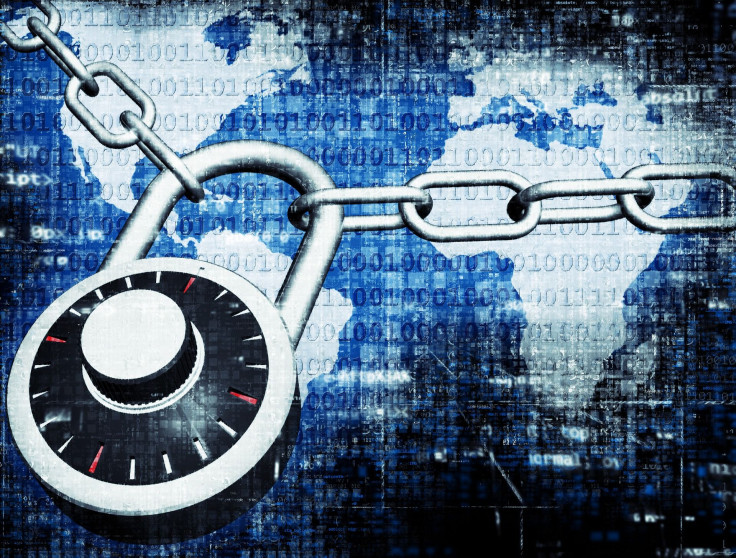What Are VPNs, How Do You Use Them And Do You Need A Virtual Private Network?

Ensuring privacy while browsing online has always been an issue for internet users, but recent developments—from new information coming to light about government surveillance, to the threat of hacking to the legislative rollback of broadband privacy rules —have led to many people searching for ways to secure themselves.
One of the best tools for ensuring privacy online in an era where internet service providers can collect your browsing data and other personal information without your permission is to use a Virtual Private Network (VPN).
Read: How To Protect Yourself From Hackers At The Coffee Shop
VPNs have become considerably more prominent in the last few years, especially in nations under the thumb of oppressive regimes that have been known to censor content or shut off the internet entirely to prevent access.
But they are gaining popularity all over as internet users become more aware of just how much everyone from snooping government agents to faceless corporations are able to learn about them from little more than their web browsing habits.
Read: China VPN Ban: Government Requires Official Approval For Use
There’s no better time than now to get familiar with VPNs—what they are, how they work, and how to use them.
What Are VPNs?
A VPN is a privacy tool that enables a device to send and receive information across a public network as if it was connected directly to a private network. In essence, it obscures the true location of the device and makes it appear as though its activity it coming from another network. Think of it as a sort of firewall for your online activities.
How Does A VPN Work?
When a person connects to a VPN, it creates an encrypted and secure connection between the user’s device and a remote server. Any information—from web activity to user information to passwords—is sent first through that encrypted connection.
Send a request for information (i.e., type in a web address in your browser) and that is forwarded through the VPN. The response it receives is sent back through the same, secure connection.
By filtering information through the remote server, a VPN shields that data from anyone on the public network, including internet service providers.
Why Use A VPN?
There are a litany of reasons to make use of VPNs. The first and foremost purpose of a VPN is to provide the user with an extra layer of security.
VPNs are an absolute necessity for those who regularly connect to public WI-Fi networks, whether it’s a password-protected network or an unsecured one— especially if it’s an unsecured one.
Public networks—at coffee shops, airports, hotels, etc.— often lack proper security protocols and can easily be manipulated by any person with the technical knowhow who wants to snoop on the activity of others. VPNs protect a user’s data by routing it through a remote server and bypassing any person who may be stealing information from the local network.
It’s also a tool that users may want to consider to protect their information from over-eager internet service providers who—thanks to the repeal of the Broadband Consumer Privacy Rules —now have the right to collect and sell sensitive user information without asking for permission.
For those who worry they may be spied on by government officials—a fear that even the average citizen may have if they are involved in any sort of activism—a VPN can provide an extra bit of security from prying eyes.
Recently, VPNs have found a niche as a tool that helps users bypass geolocation blocks. For services like Netflix, Hulu, and other content providers that offer different content in different regions, VPNs allow users to spoof their location. A user will appear to be in the location of wherever the remote server is located.
How Do I Use A VPN?
VPNs may sound like a technical tool, but they’re surprisingly simple to set up and make use of.
The vast majority of VPNs are commercial endeavours and require a subscription fee or at least a one-time payment. VPNs will differ in the amount of servers they provide for users to connect to, the type of encryption they provide, and the transfer rates they support. What each user will require will be up to them.
One thing to watch for in the fine print of a VPN is its data retention policy. VPN companies that are hosted in the countries of the European Union have been required by EU law to save logs of user activity. That law has been challenged and deemed unconstitutional, but similar laws are still present in many countries and may be attempted again by legislative bodies.
© Copyright IBTimes 2024. All rights reserved.




















